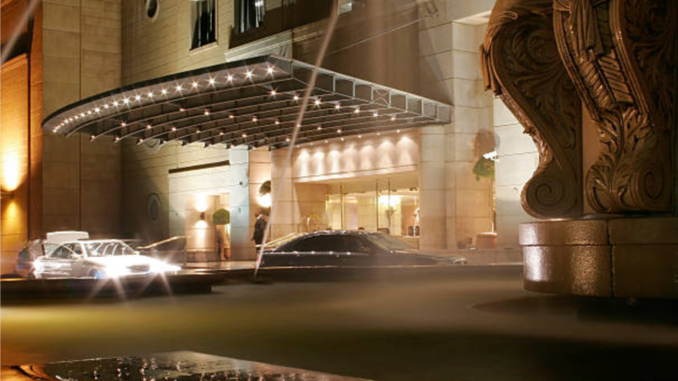
By Jeff Zabin, Managing Editor
Every hotelier wants to improve their revenue management capabilities. What not every hotelier may realize, however, is that doing so means more than just implementing the right technology solution and using the right data sources — ones that have been shown to improve forecast accuracy and pricing decisions.
It also means putting the right organizational resources in place and creating a revenue-maximizing culture.
Following are a few recommendations for hoteliers to keep in mind.
Hire a skilled revenue manager
Optimizing financial results across channels requires specialized skills, no matter that pricing recommendations are becoming increasingly automated. In fact, the role of the revenue manager has never been more important. Some industry observers contend that revenue managers should be the highest paid employees in the organization, given their potential contribution level.
Of course, the revenue manager and general manager are oftentimes one and the same, particularly in smaller hotels with limited budgets. Indeed, many revenue decisions today are being made by general managers who may have little or no formal training in the science of demand forecasting and price optimization.
Ideally, the revenue manager should have the skills and knowledge to directly interact with system inputs, sharing business insights such as sudden changes in the marketplace. The goal is to ensure the solution uses the best information available to produce the most beneficial mix of automated decisions that drive profitable business performance. And that requires human input.
Build a revenue management strategy and culture
A revenue management strategy is a blueprint for improving financial performance over a specific period of time. It should incorporate all of the revenue streams from across all parts of the hotel as well as all of the revenue drivers, from the sales department to the online distribution channels.
The strategy should be built upon a solid foundation of revenue goals using targeted RevPAR, ARI and other relevant metrics for tracking progress. It should include a timeline with key milestones and spell out the tactics for achieving success.
The strategy should be as specific as possible, detailing, for example, how the property approaches pricing – e.g., whether it is dynamically pricing the best available rate based on forecasted demand (BAR) or on actual demand. Done right, the strategy will help create cognitive alignment amongst all employees regarding the value of revenue management.
Think in terms of Total Revenue Management
Until recently, the focus of revenue management was on guest rooms and nothing else. But next-generation revenue management means also taking into account the ancillary spending that takes place in hotel restaurants, bars, conference centers, banquet space, golf courses, etc.
Thinking in terms of Total Revenue Management and not just revenue management as it pertains to guest rooms can mean leaving a lot less money on the table and significantly boosting revenue and profitability for the property.
Partner with the sales and marketing departments
The pricing recommendations and market insights generated by revenue managers can be valuable across multiple parts of the organization. Access to the tools and dashboards should be made available to marketers, in particular, who are charged with demand generation activities.
Insights, such as those that forecast periods of high demand versus low demand and that reveal which customer segments are planning to book rooms for a certain period, should inform every campaign.
The insights should determine how aggressive to be with marketing offers and promotions, toward which customer segments the offers and promotions should be directed, and when, exactly, to present the offers and promotions, and which marketing tactics are most likely to elicit the desired responses.
To achieve optimal results, it’s imperative that revenue managers work hand-in-hand with the sales and marketing functions and integrate all of their customer acquisition strategies. This is not a one-time effort. Rather, it requires close collaboration and coordination between the departments on an ongoing basis and a combined commitment to drive continuous performance improvement.


